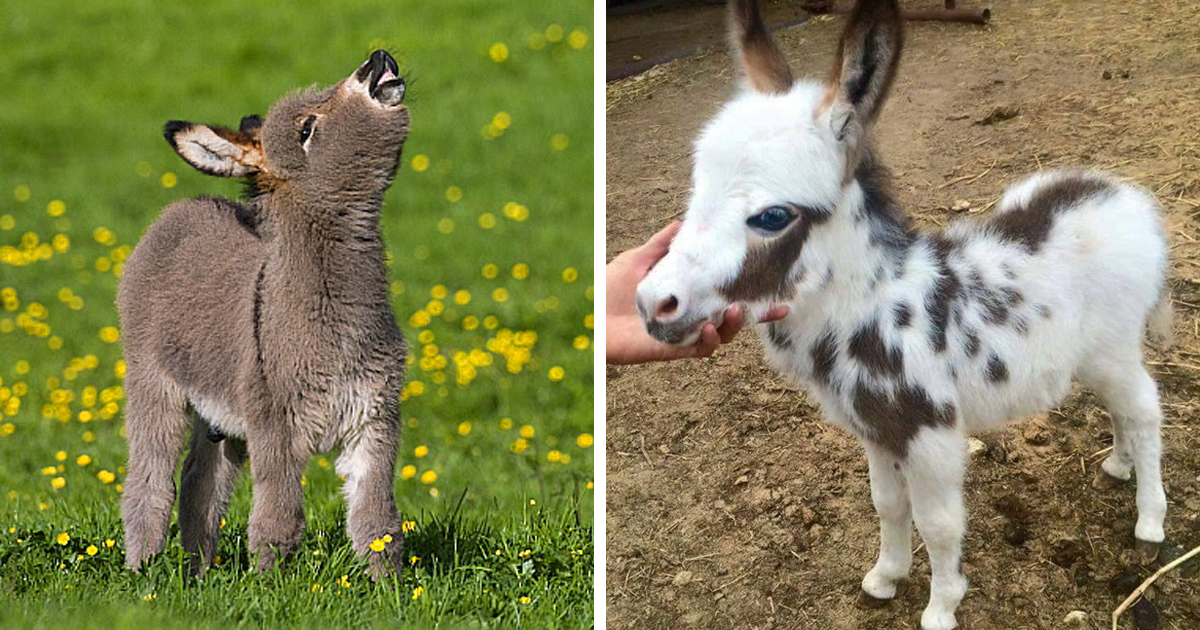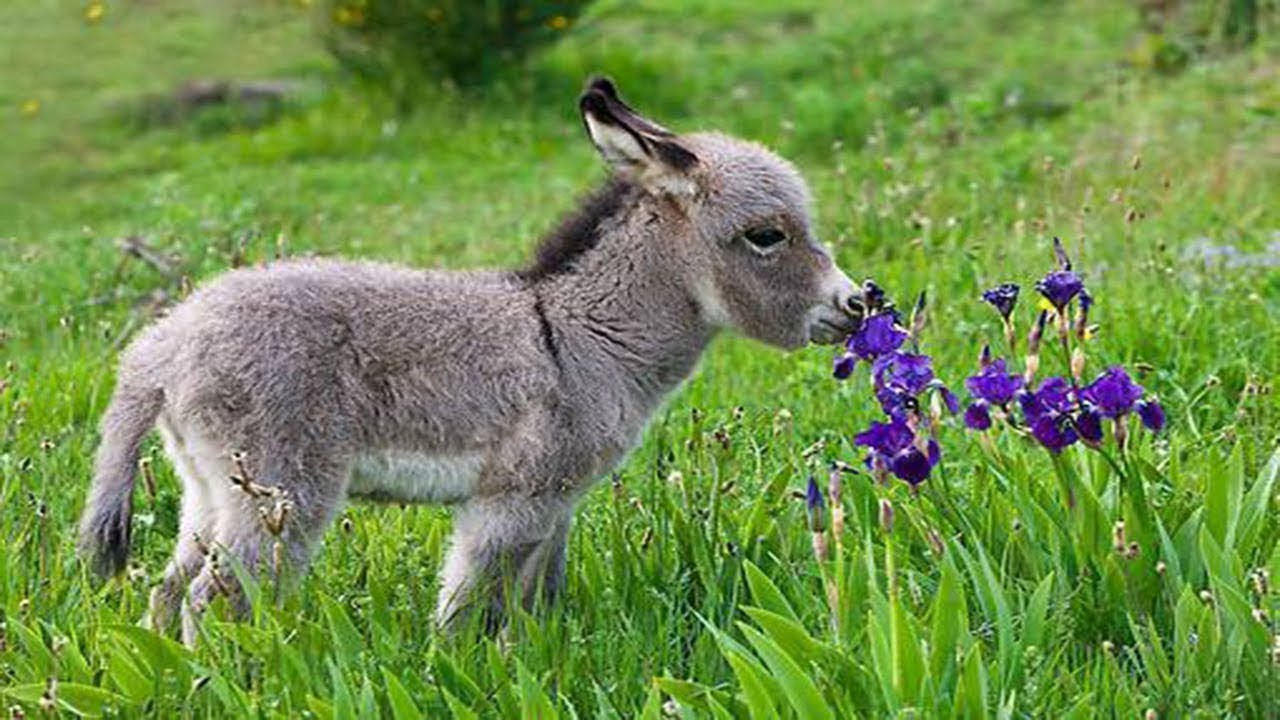What's a Baby Donkey Called? Unveiling the Adorable Name
The animal kingdom is filled with diverse and fascinating creatures, each with its own unique traits and characteristics. Among these animals, donkeys have a special place, known for their strength, intelligence, and endearing nature. In this article, we will explore the question that many animal enthusiasts have asked: What's a baby donkey called? Join us as we unveil the adorable name given to these lovable little creatures and learn more about their early stages of life.
1. Introducing the Baby Donkey:

Baby Donkey
A baby donkey, or a young donkey, is commonly referred to as a foal. This term is used to describe any young horse, donkey, or related equine animal.
Just like horses, donkeys go through different life stages, and the term "foal" specifically refers to the earliest stage of their life.
2. Foals: Characteristics and Development:
Foals are the offspring of adult donkeys.
They are born after a gestation period of approximately 11 to 14 months.
At birth, foals are typically small in size, with long legs, big ears, and a soft coat.
They are incredibly adorable and captivate the hearts of those who encounter them.
3. Bonding with Their Mothers:
After birth, foals rely heavily on their mothers for care and protection.
They form a strong bond with their mothers, who provide them with nourishment through milk and teach them essential skills for survival.
Foals spend a significant amount of time by their mother's side, gradually gaining independence as they grow older.
4. Growth and Development:

Baby Donkey
In the first few months of their life, foals undergo rapid growth and development. They begin to explore their surroundings, gradually gaining strength and coordination.
As they grow, their coat changes, and their appearance becomes more similar to adult donkeys. However, they retain their adorable and playful nature throughout their early years.
5. Learning from the Herd:
Foals learn important social and behavioral cues from their herd members. They observe and interact with other donkeys, learning how to communicate, establish hierarchies, and navigate their environment.
This learning process is crucial for their development and adaptation to the donkey community.
6. Weaning and Independence:
Around the age of six months to one year, foals are gradually weaned from their mother's milk and transition to a diet of grass and other vegetation.
This period marks a significant step towards independence for the foals, as they begin to rely more on solid food and less on maternal care.
7. The Joy of Foals:
Foals bring immense joy and delight to those who have the privilege of witnessing their playful antics and innocent charm.
Their curious nature, combined with their endearing appearance, makes them a favorite among animal lovers.
Foals often evoke a sense of wonder and evoke memories of the beauty and innocence of nature.
A baby donkey, affectionately called a foal, is a precious and enchanting creature. As they grow and develop, foals captivate our hearts with their adorable appearance and playful nature. They form strong bonds with their mothers, learn important skills from their herd, and gradually gain independence. The joy and wonder that foals bring remind us of the beauty and diversity found in the animal kingdom. So, the next time you encounter a baby donkey, remember their delightful name and appreciate the magic they bring to our world.